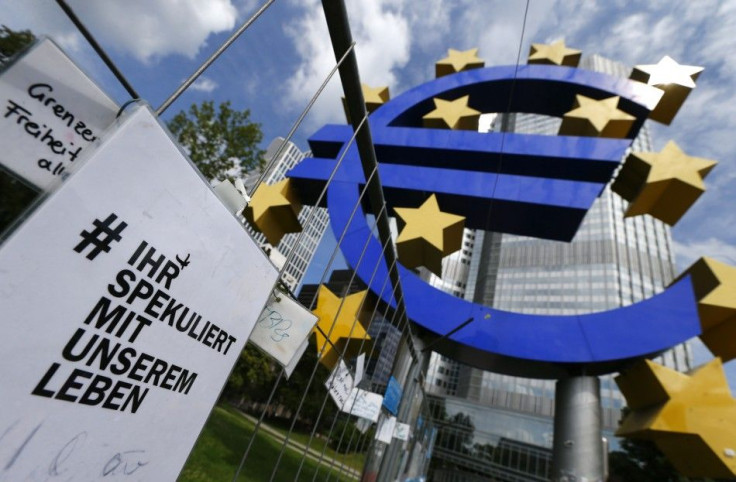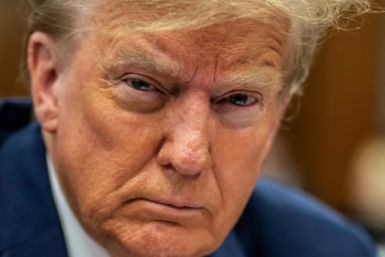European Central Bank Advises Action to Boost Demand and Employment In EU

The European Central Bank is concerned at the slowing EU zone economy and wanted to see signs of revival soon. Mario Draghi, president of ECB, in an address to policymakers and bankers, announced the willingness of ECB to support the revival by pushing stimulus measures.
The conditions of low inflation are conducive for such measures as fears of price growth are ruled out, reported The Wall Street Journal.
Daghi underlined the sense of urgency and told European governments to go for coordinated efforts to boost growth by cutting tax and starting joint investment programmes. Though Draghi's comments were not in favour of deficit spending, it was a shift from the usual preaching by ECB to cut deficits and speed up reforms.
Dismal Report
Draghi's comments were premised on a recent report that showed the eurozone economy getting stagnant in the second quarter. There were fears that the EU bloc's $13.5-trillion economy will see more unemployment. The report affirmed that the recovery in the eurozone remains weak and a subdued wage growth is happening only in non-stressed countries.
New Approach
Draghi's remarks signaled the governments to pursue policies that can stimulate demand and keep the labour markets flexible. The banking head noted that the fear of inflation is passé. Now the annual inflation rate in euro zone is 0.4 per cent, which is too lower than the ECB's target of 2 per cent. This makes the policymakers cast aside fears of stimulus injection to trigger inflation. So the focus must be to root out unemployment from Europe.
ECB's stimulus package approved in June had envisaged low interest rates, four-year loans to banks and purchase of bundled bank loans known as asset-backed securities to spur demand.
The decline of the euro against other currencies in recent times can also be translated into an opportunity to boost demand and prices. A weaker exchange rate means an opportunity for growth via exports, Draghi noted.
The US Federal Reserve is expected to raise interest rates by the middle of 2015. But ECB will keep its main lending rate near zero for many years to come.






